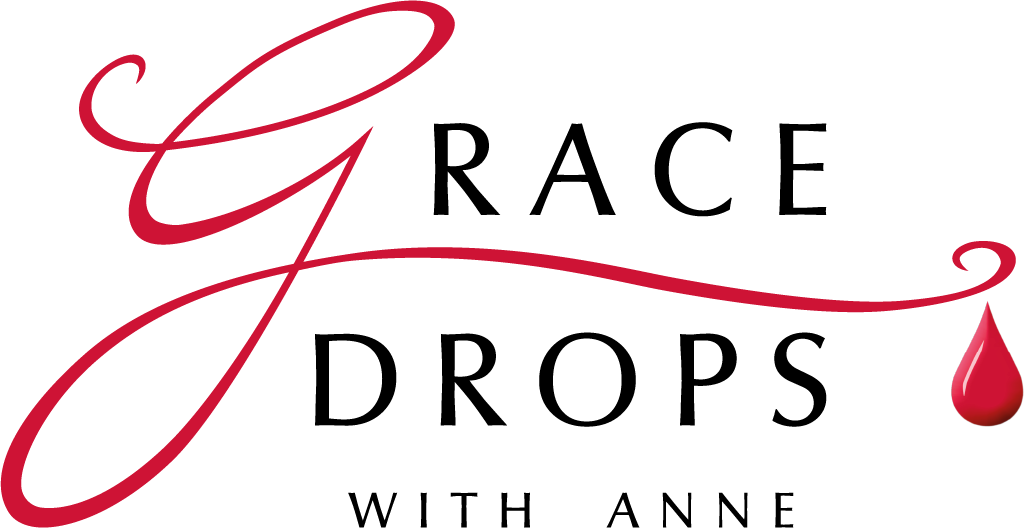In the last few sessions, I’ve spoken about false refuges. There are thousands upon thousands of different kinds, and we could categorise them according to whether they provide emotional relief or mental release or sensory distraction or physical pleasure or spiritual comfort.
However I want to classify them in terms of what it takes to overcome them. Each requires an act of repentance but the process of victory is not always the same.
First, there are false refuges that are overcome simply by willpower. The coffee I mentioned in the last session is in this category. Although God didn’t ask me to give it up, I know that I could have done it just through the power of my will. Willpower is a gift of God and sometimes we’ve exercised it enough in particular areas to simply use it as the means of overcoming a false refuge.
Second, there are false refuges that are overcome simply by proclamation. These are our historic havens—the ones we no longer use, but only because they are no longer available to us. If they were still on offer, we’d be in boots and all. In this case, we still need to repent—because although it’s not a current sin, our hearts are still inclined to it and away from God.
Third, there are false refuges that are impossible to overcome in our own strength. Remember the guy I mentioned back in Session 19 who thought that, if he repented 490 times of his anger, it’d be a done deal? And who discovered that, without Jesus empowering his words, there was no difference in his life?
For me, my false refuge that proved beyond my own willpower was ‘mental rehearsal’. Whenever I become aware of an incident of injustice or hypocrisy, I start to make up speeches in my head—I’d decide that next time I saw the person responsible for the injustice I would give them a very choice piece of my mind. But, because I realised that maybe the conversation wouldn’t go to plan, I’d have to keep refining the speech to account for different scenarios. Very soon, mental rehearsal would take up a lot of emotional real estate.
As soon as God revealed this as a false refuge, I realised I’d never have enough willpower to overcome it. It was so habitual, it was an automatic default. I told God I’d be using all of His seventy times seven opportunities for repentance each day—and I did. Sometimes I’d have to drag myself, kicking and screaming, to Him and tell Him I didn’t want to repent. I needed His help even to choose repentance and to relinquish the idols I’d come to rely on.
Gradually, I realised through all of this that God doesn’t expect us to be perfect before He allows us over the threshold into our calling. He simply wants us to demonstrate that we are committed to Him.
This is Grace Drops and I’m Anne Hamilton. May the Lord Jesus help you choose repentance today.
Thank you to Lorna Skinner of www.riversofmusic.co.uk for the background music.

True and False Refuge
Understanding false refuges is the single most important step towards dealing with the obstacles barring you from coming into your calling. Hidden in the Cleft explains false refuges in more detail and is available as a paperback or an ebook.


Absolutely brilliant, thank you 😊
Thank you too, Leonie.
Oh Anne! The end part I needed to hear. That God doesn’t need us to be perfect, just committed! So much tears right now.
Bless you!